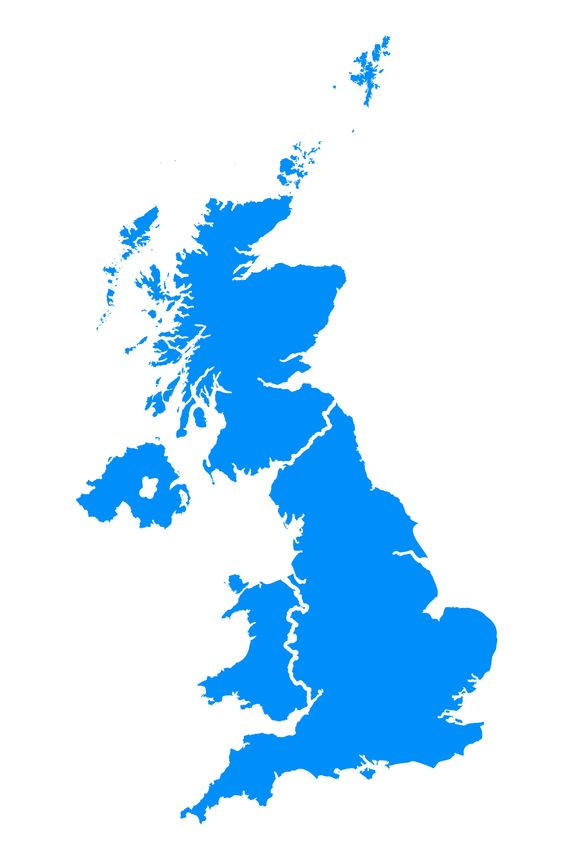Following an 8 week consultation on its initial proposals earlier this year, the UK Government has published its response to that consultation together with the much-anticipated Subsidy Control Bill setting out the UK's new subsidy control regime.
As part of the implementation of its commitments in the EU-UK Trade and Cooperation Agreement (TCA), the UK has agreed to a new subsidy control regime, including with an "appropriate role" for an independent authority. The core elements of that regime are already in effect by virtue of s29 European Union (Future Relationship) Act 2020 but the Bill elaborates on how those provisions will operate in practice and, in particular, lays out a new procedural regime for the assessment of subsidies. The Bill's objectives also reflect the Government's desire to protect the UK's internal market and therefore in some areas extend the scope of the regime to intra-UK arrangements that would not be covered by the TCA. Subsidies that are subject to the Northern Ireland Protocol (Art. 10) (where the EU State aid rules will continue to apply) are explicitly carved out of the scope of the UK subsidy control regime.
The key substantive elements of the new system are:
- a definition of what constitutes a subsidy, which refers to a (potential) effect on competition or investment within the UK as well as on trade or investment between the UK and other countries;
- seven main principles to be used by public authorities as criteria for evaluating possible subsidies. This includes the six principles set out in the TCA together with an additional principle aimed at "minimising any negative effects on competition or investment within the UK internal market";
- three main sub-categories of subsidies: (i) Subsidies of Interest; (ii) Subsidies of Particular Interest; and (iii) "low risk" subsidies. Specific criteria for identifying these categories are yet to be developed;
- categories of subsidies that will be out of scope entirely, e.g. subsidies required for safeguarding national security and subsidies granted temporarily to address declared national or global economic emergencies; and
- specific types of subsidies that are prohibited, including (i) unlimited guarantees, (ii) subsidies to "ailing or insolvent" undertakings with no credible restructuring plan but also (iii) subsidies that will result in the relocation of jobs and economic activity from one part of the UK to another (to reduce the risk of "subsidy races" between authorities).
From a procedural perspective, the Bill envisages:
- continued devolution of responsibility for subsidy control assessments to the grant giving organisation (including devolved administrations) who can grant the majority of subsidies on the basis of a self-assessment of compliance with the subsidy control principles;
- that a more detailed analysis will be required for Subsidies of Interest and Subsidies of Particular Interest (similar to the competition impact reviews proposed in the consultation);
- establishment of a Subsidy Advice Unit within the CMA as the Independent Body with responsibility for (i) monitoring and reporting on how the regime works as a whole; and (ii) providing advice, which will be published, to public authorities on Subsidies of Interest (if requested) and Subsidies of Particular Interest (where it will be mandatory to seek advice);
- transparency requirements (in particular information on subsidies above certain thresholds in a public database); and
- judicial enforcement by way of judicial review in the Competition Appeal Tribunal (CAT).
The Government has said that the proposed regime marks a "clear departure" from the EU State aid regime and there will be significant procedural differences, including a significantly more limited role for the body administrating the regime focusing on an advisory role even for "high risk subsidies". However, the substantive principles that the regime will apply are broadly aligned with the approach taken in the EU, reflecting the fact that the regime serves as implementation for the UK's commitments in the TCA (which applies equally to the EU, where the commitments are implemented through the EU's existing State aid rules).
What next?
The Bill will now progress through Parliament and the UK Government expects that new regime will come into effect in 2022 if approved by Parliament. The UK Government will also set out further details on implementation and guidance for public authorities in due course.




